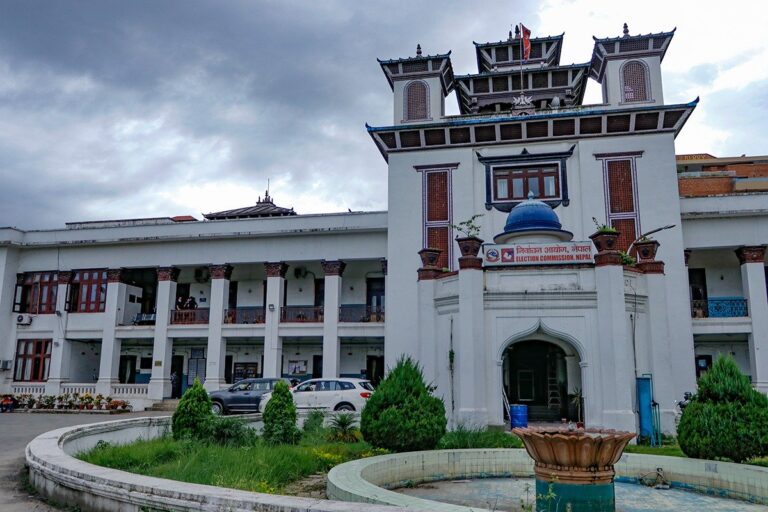
The nation is presently in an election mood as the Election Commission and all the political parties are focused on the upcoming local level election on May 13.
The political parties’ latest every meeting, discussions, interaction and assemblies are found centred on the election while the Commission has completed the management of materials required for the election as well as the requisite training.
Election Commission spokesperson Shaligram Sharma Poudel said the election-related activities and programmes have been oriented towards the local levels from the centre and through the provincial level.
Political parties are making final preparation for recommending the candidates while the Commission is gearing up to mobilise the election materials and the election officials to the voting centres.
The Election Commission has completed the training of trainers on election operation and management at eight places of the country. The training is for the Chief Election Officer, Election Officer and the District Election Officer. Such training were held at Birtnagar, Dhulikhel, Pokhara and Nepalgunj on April 13 and at Janakpur, Hetauda, Butwal and Dhangadhi on April 15.
The Commission has already issued the appointment letter to the election officers. The appointment would be effective from April 12. The election officers have already set out for their respective election centres in course of carrying out the preparation works. They will formally set up the election office in their assigned areas on April 21
The Election Commission said around 200 thousand employees at the rate of at least nine employees per one election officer’s office will be mobilized throughout the country for the purpose of the local election.
In the meantime, the political parties have completed most of their election-related assemblies and training at the local level.
Meanwhile, the Election Commission has emphasized the maximum use of electronic media and social media for voter education based on the conclusion that the traditional process of voter education was costly and ineffective.
In this connection, it has brought into use, operation and publication of social sites such as websites, e-bulletin and others. Information related programmes on voter education have been prepared in various mother languages of several linguistic communities and the District Election Officers have been broadcasting these programmes through local FM radio, newspapers and television stations.
The Election Commission also plans to set up Voter Education Information Centres at the voting centres two days before the election in order to make voter education effective and reduce the number of invalid votes.
Source : TRN,






